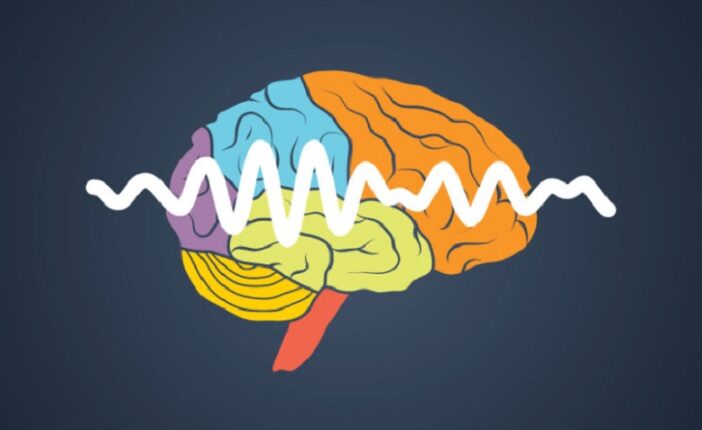
Research Continues on MDMA-Assisted Therapy to Help PTSD Patients and War Veterans
As Post Traumatic Stress Disorder (PTSD) continues to affect the daily lives of thousands of war veterans in the United States, there is now more opportunity in the psychedelic space than ever before with MDMA-Assisted Therapy to help veterans battle PTSD.
One alternative medicine that is rising the interests of researchers in the psychedelics space is the use of MDMA-assisted psychotherapy for PTSD. The US Food and Drug Administration (FDA) reports that MDMA-assisted psychotherapy has reached the phase III clinical trial stage and is likely to receive final approval by 2022. This will be a landmark event in the history of the psychedelics space opening a huge door for mental health therapy for PTSD in war veterans and soldiers.
An October study conducted by Yale researchers published in the Biological Psychiatry journal found out that a host of genetic risk factors may explain some veterans being more susceptible to PTSD than others. The study identified that there is “a social factor that can mitigate these genetic risks: the ability to form loving and trusting relationships with others.”
This unique study is one of the first to explore the role of nurture as well as nature in the investigation of PTSD. “We exist in a context. We are more than our genes,” said Yale’s Robert H. Pietrzak, associate professor of psychiatry and public health, and senior author of the study.
This year there has been much research and development in the psychedelic space to find an alternative therapy with the use of psilocybin medicine to treat PTSD. The rise in scientific research leads to MAPS and FDA working together to continue MDMA clinical trials and potentially approve MDMA-assisted therapy in the next two years, opening up more doors for investors.
Dr. Rick Doblin, the founder and executive director of the Multidisciplinary Association for Psychedelic Studies (MAPS), told Psych Congress 2020, that “Our system is inner-directed. Once we give someone MDMA, they are the ones who produce the content. We follow and support where they are going. Our hypothesis is there is an inner healing intelligence. We all know that’s true for our bodies. If you get a scratch or break bones, your body has a mechanism to heal itself. … There is this wisdom of the body to try to sustain itself. We think similarly there is something like that for the psyche.”
And so the questions around MDMA-assisted therapy for PTSD patients boils down to this: Should it be approved?
According to Dr. Doblin, MAPS proposes four risk evaluation and mitigation strategies:
- The treatment should only be given by certified therapists who are trained by the MAPS or MAPS-certified trainers.
- It should only be administered under direct supervision in a certified clinic.
- It should only be distributed by a centralized pharmacy, with MDMA shipped to prescribers, not patients.
- There will be special safety screenings required for certain patient populations.
To put things in a more current perspective,
MAPS is currently engaged with the FDA on the risks and benefits associated with MDMA-assisted therapy for those battling PTSD. Dr. Doblin is hopeful that upon potential approval with FDA, up to 6000 psychedelic clinics could open by 2030.
Related: Oregon’s Heroic Hearts Project Continues To Advocate For American Veterans Mental Health Wellness



